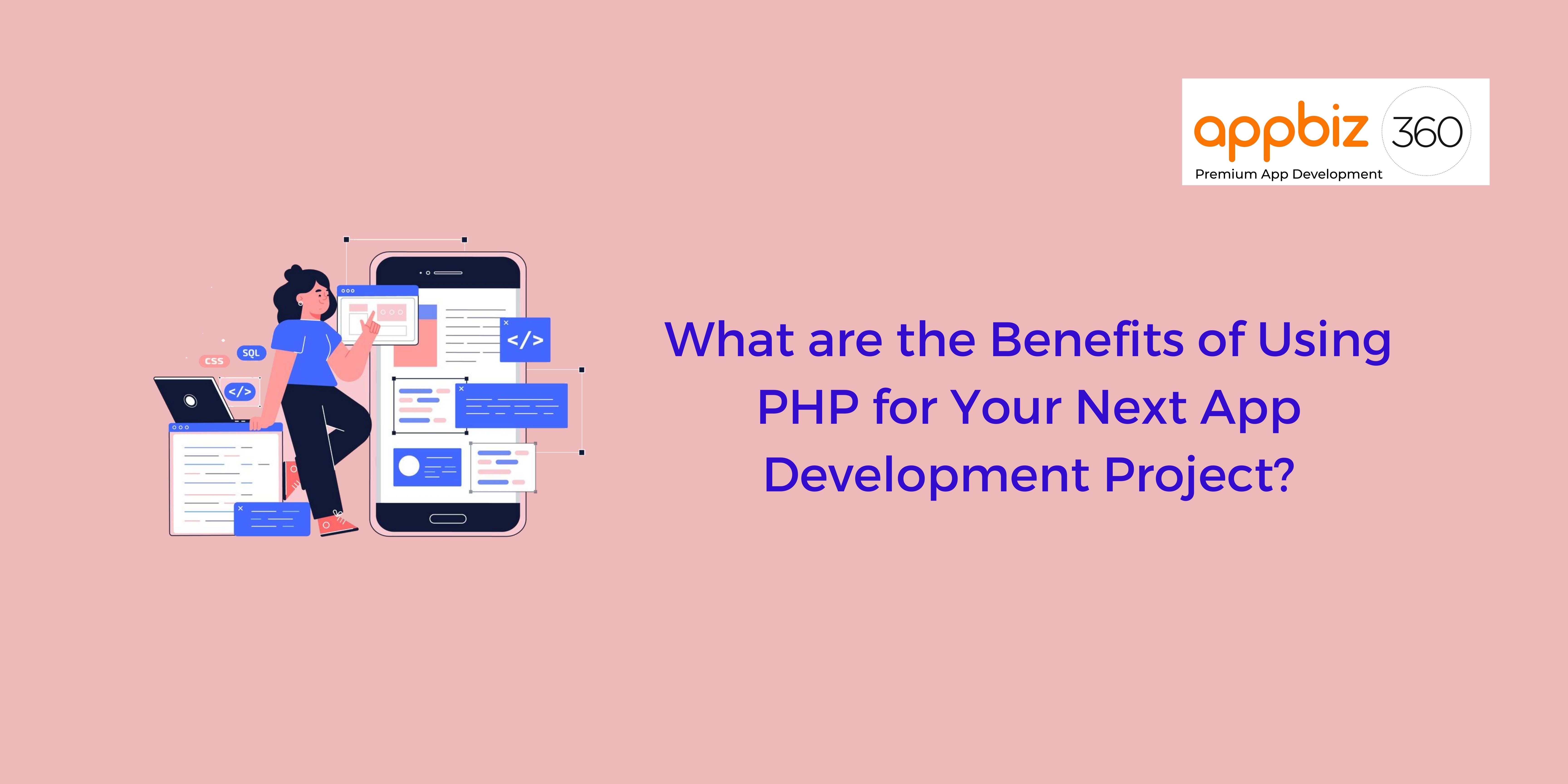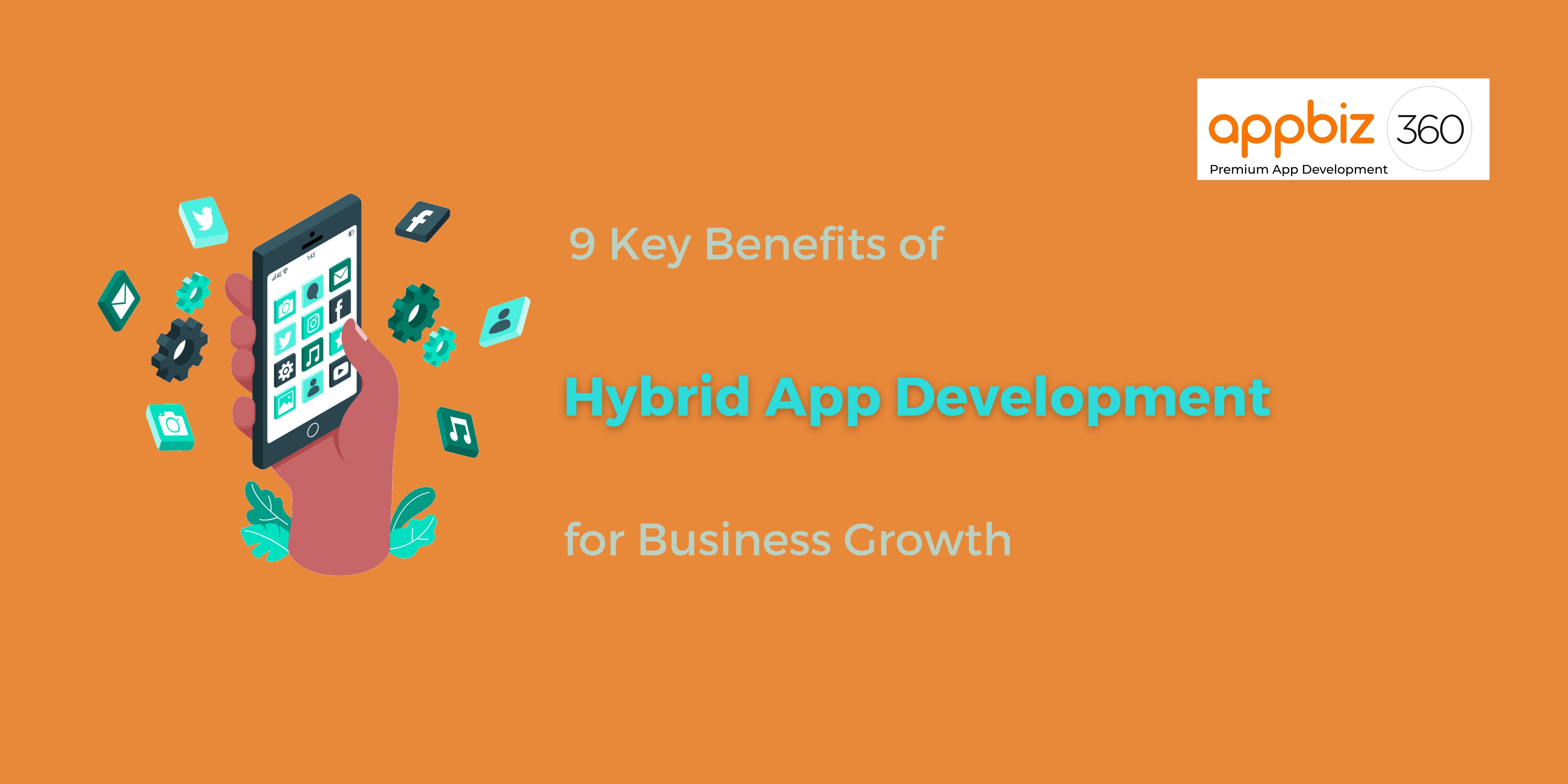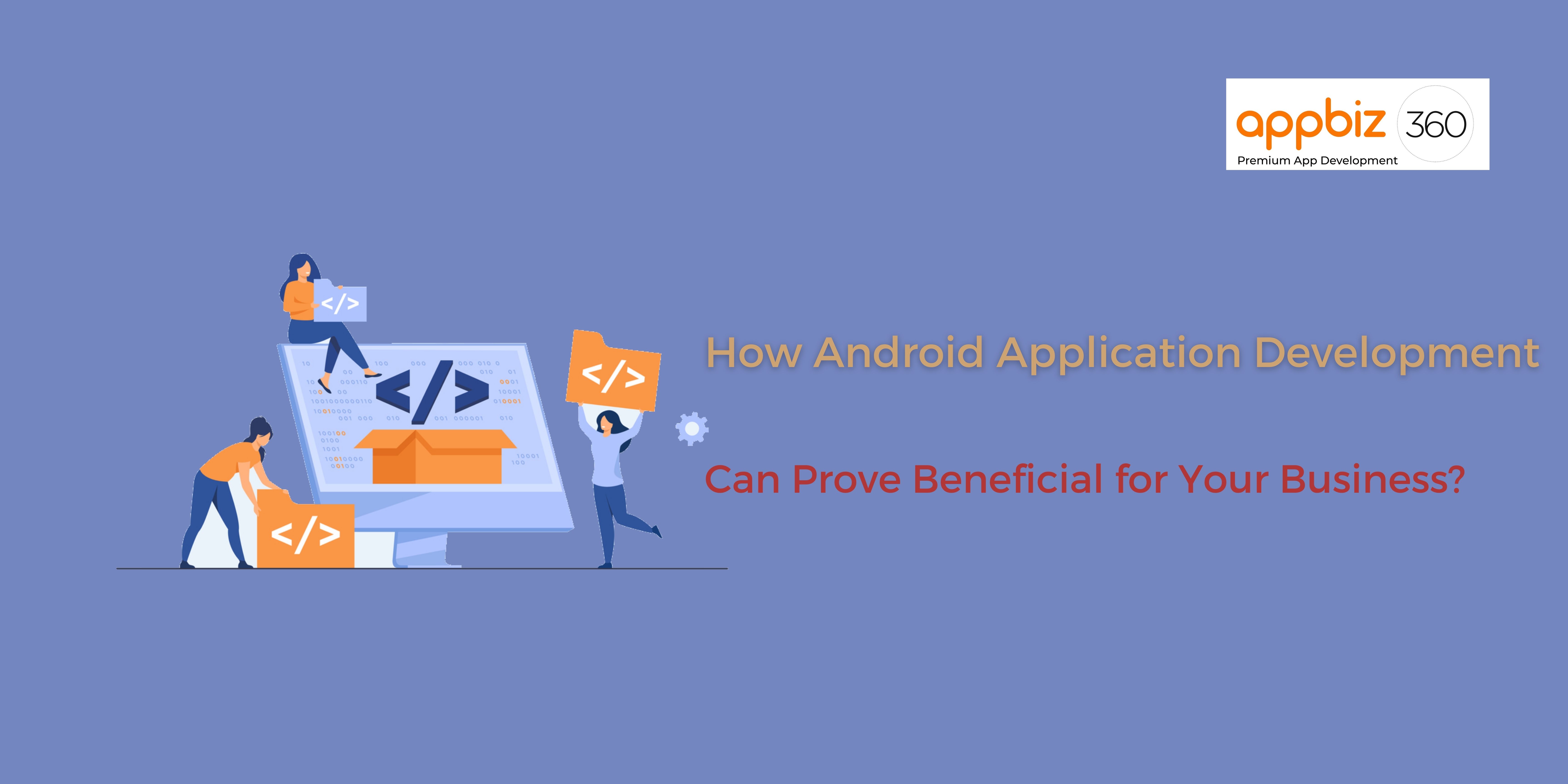Follow Us
Mobile App Development
Top 7 Frameworks for Hybrid Mobile App Development in 2021

Hybrid mobile app development has gained immense popularity because of its upfront approach to building a single application, which runs across several platforms. Apart from being reasonably priced, it also happens to be the fastest way to get an application up and running across Android and iOS – the major mobile platforms.
One of the biggest benefits of hybrid mobile app development services is they minimize the efforts developers invest as they only have to code once. Due to the code reusability, experts can develop an app that will probably run across several platforms with least possible complexities. The process seems pretty simple and less intricate compared to native apps that require comprehensive coding efforts, SDKs, tools, and multiple frameworks.
Let’s dig into a brief comparison between hybrid mobile app frameworks.
- Ionic
Ionic is another great framework that finds its use in hybrid mobile app development. Also, many developers extensively rely on this framework when it comes to building progressive web apps, which are preferred by countless businesses for effective user engagement.
Launched in 2013, Ionic is one of the oldest frameworks for hybrid app development. Until now, more than 5 million apps have been developed, and that’s what reflects the trust of companies as well as developers in this hybrid framework. The mobile apps developed with Ionic offers a native-like mobile experience to users.
- React Native
Developed and maintained by the Facebook community, React Native is an open-source mobile app framework. Being one of the immensely popular mobile frameworks, this framework is extensively used for various mobile app development: cross-platform, hybrid, and native.
React native is one of the top options when it comes to hybrid mobile app development. Its robust features like easy code reusability, native plugins availability, and live reload make it a perfect framework for hybrid applications.
- Xamarin
Xamarin is another crucial hybrid apps framework. It is one of the most intelligent frameworks developers consistently use. It is used to build aesthetically-sound cross-platform mobile apps that run impeccably on several various operating systems, including Android, iOS, and Windows. It gained tremendous popularity after it was acquired by the software giant Microsoft in 2016. The language used is C# which makes the development seamless for the developers, regardless of the platform they are coding for. Also, it is known to give an equal performance and UX of a native app.
- Flutter
Flutter is an open-source framework that can truly be considered a true future proof hybrid development platform. It offers a complete package of widgets, SDKs, and development tools to simplify cross-platform mobile app development.
This framework supports a client-optimized programming language – Dart which allows developers to build an app that would work effectively across a number of different platforms. Being an extremely useful tool letting you develop native-like apps for platforms – Android and iOS using the same base code.
- PhoneGap
Also known as Apache Cordova, PhoneGap is supported by the Adobe and Cordova framework. One of the leading hybrid app frameworks, developers can write apps can be written using JavaScript, HTML5, and CSS3. It provides dependable cross-platform compatibility with just one code for all platforms. This minimizes the developers’ efforts and makes it easier for them to progress.
Apart from being affordable, it is the best choice if applications need to be developed with budget-constraints. Building apps with this tool is done with Web APIs.
- Onsen UI
Onsen UI is an open-source mobile application development framework, which is equipped to be used without the Angular JS requirement. Also, this framework comes with an amazing set of documentation that explains every basic detail with examples of the common application structures.
- Framework7
Framework7 is the most stable and independent framework. That is because it does not have any dependency on React or Angular JS. Even with this, there are greater chances that we can make our applications look native with cool animations, better styled-components. Also, it requires just the CSS, HTML knowledge, and JavaScript for active development.
Hybrid apps are formed into native containers across a variety of various platforms to simplify flawless interactions between the apps’ UI (user interface) and the native features of a smartphone. Reasonably, building these applications is not easy as it requires certain tools, frameworks, and other fundamental programming languages.
However, picking the best framework for hybrid mobile app development is indispensable to deliver consistent user experiences across every platform.
Latest Posts
appbiz360 NEWSFEED
Sign up for the appbiz360 newsfeed by adding your email address in the form below:

















